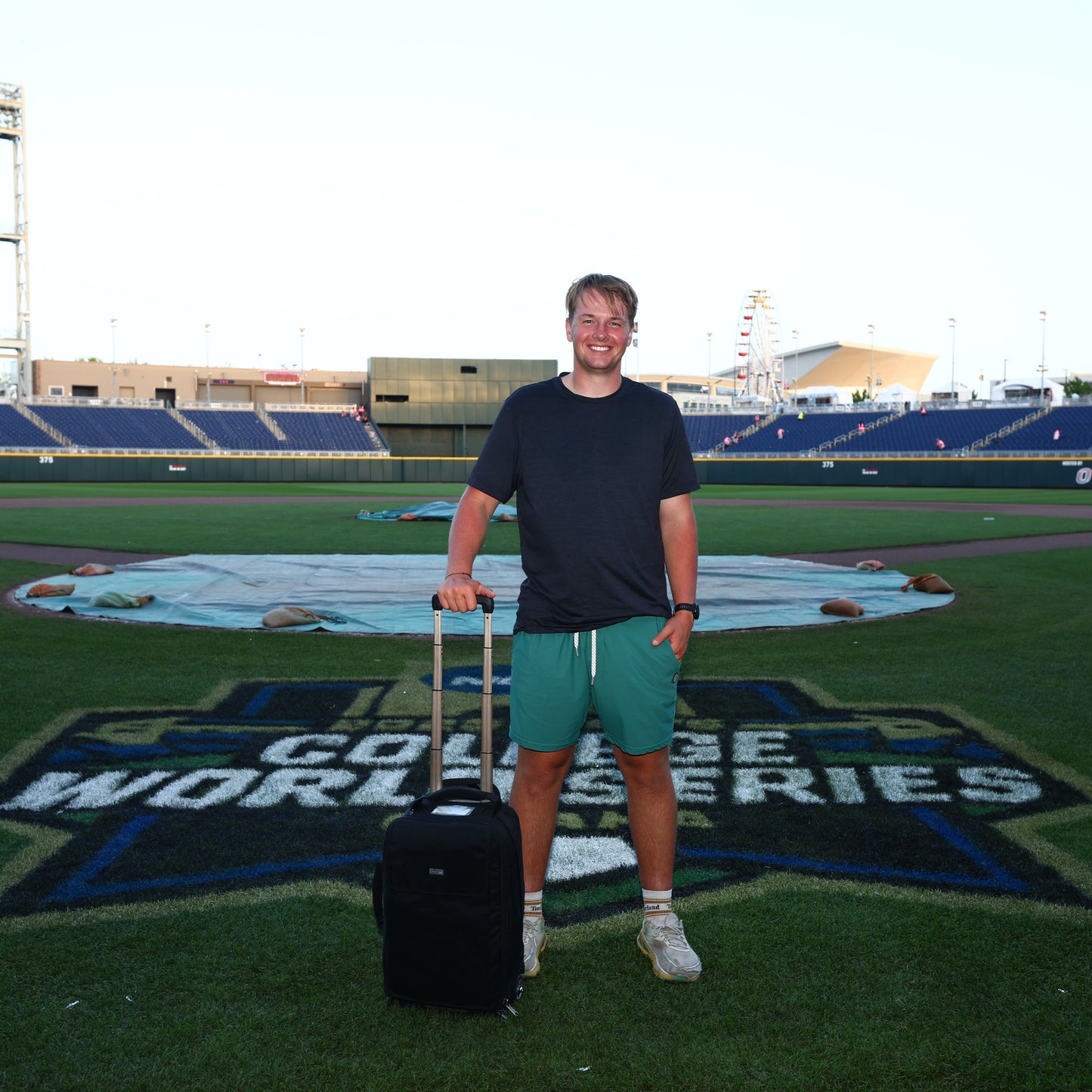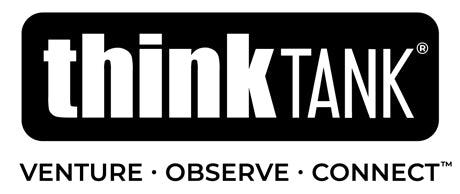
Making More with Less
by Tyler McFarland
Over the last five months as a photography intern with NCAA Photos, I’ve learned the value of subtraction. Clearing distractions, packing light, and creating space to focus have become essential to how I work. When I graduated in May 2024, I chased "more," believing it would make me a more valuable employee. Every pitch, putt, and jump had a place in the story, and I was determined to be there, camera in hand, for all of it. At the time, I believed packed schedules led to stronger galleries and satisfied clients. While I’m still eager to grow, I leave my internship at NCAA Photos with a clearer understanding of how less can create more: more space, more clarity, more time, and greater impact.

Sports photography constantly demands more—more access, more angles, more images. My first solo assignment was the Women’s Division I Swimming and Diving Championship, where I aimed to cover everything: every preliminary, every final, every swimmer. What I failed to realize is what it cost me in creativity, energy, and quality. After a second night of 2 A.M. edits at my hotel desk, pushing for volume to prove my dedication, I made a shift. I chose to focus on quality instead of quantity. That decision would shape the rest of my internship.

A photography mentor of mine often tells me to “make photos, don’t take them.” It's taken me a few months, but I’ve started to understand what that means. Making something is not a passive process; it requires active thinking, planning, composure, and patience. Over the next month, I shadowed full-time staff as we covered the men’s and women’s NCAA basketball tournaments.
Through weekly flights and unfamiliar venues, I saw how simplifying the process opened space for creativity. In the photography itself, I saw how clean backgrounds free of distractions led to more impact and stronger storytelling. I was struck by how galleries with fewer, more intentional, more creative images result in a more compelling product. Over the course of the spring season, I learned that slowing down and focusing on each shot helped me prioritize quality over quantity, which ultimately allowed me to grow closer to the photographer I wanted to become.

After the winter championships, I covered the NCAA Division I Men’s Golf National Championship. On every assignment, managing my gear efficiently was essential to staying ready and capturing the kinds of thoughtful, intentional images I had planned for. Covering golf meant protecting my gear from the elements during long days across all kinds of terrain and weather. Reliable gear lets you concentrate on the moment, not on managing equipment. My Think Tank Airport Advantage roller has been essential in keeping my gear safe, allowing me to stay focused as I cover events. The durability is unmatched, and the inconspicuous design makes it easy to bring to any court, field, rink, or deck. Think Tank products have been critical to my travel assignments because it allows me to think less, and focus more on making photos.

With my internship ending in July, I’ll be closing out a full year of learning what it means to be a sports photographer. I’ve gained technical skills that elevate sports photography, from precise keywording to dialed-in white balance and carefully composed remote angles. Working through stadium noise and bright lights to make intentional, meaningful images has changed the way I connect with sports.

As I take the next step in my career, I’m seeking new experiences and environments that allow more time to think, space for creativity, deeper relationships, intentional moments, and a well-rounded life. Though internships are temporary and often demanding, I’m deeply grateful for the relationships, experiences, and lessons that have shaped my growth as a photographer. I'm excited to take these lessons and continue to tell stories through sport with an eye for what's really important: making more by making less.
